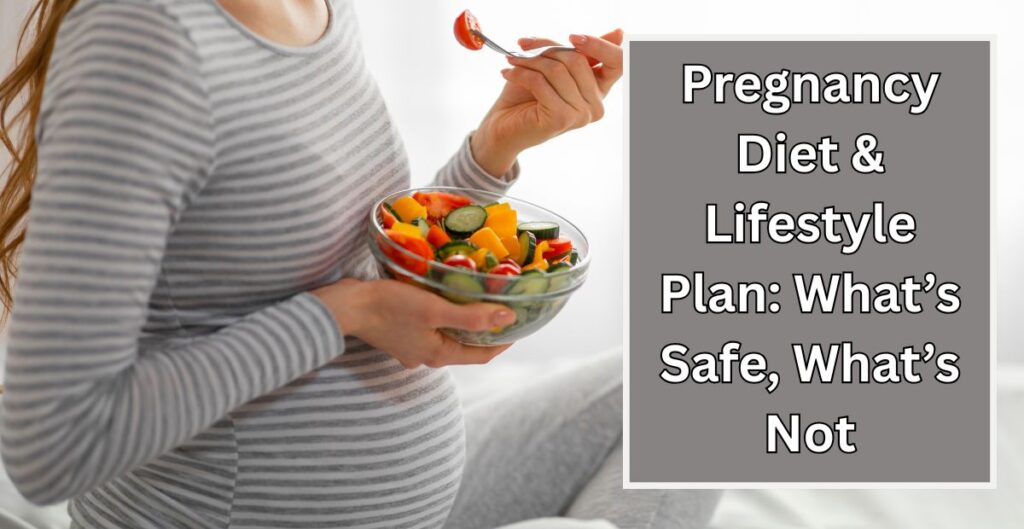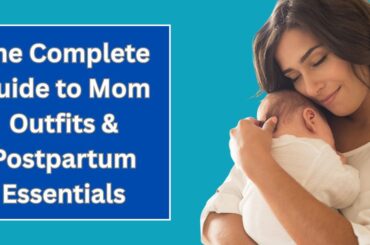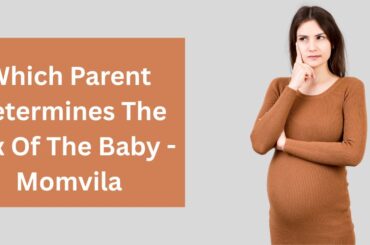Pregnancy is a special time, and many women wonder what foods are safe and what lifestyle choices to follow. A healthy pregnancy diet should include fresh fruits, leafy vegetables, whole grains, dairy, and lean proteins. Adding foods rich in iron, like spinach and lentils, can help prevent anaemia. Calcium-rich foods such as milk, cheese, and yoghurt support bone strength, while omega-3 from fish or flaxseeds helps brain development. At the same time, certain foods should be avoided, such as raw or undercooked meats, high-mercury fish, soft unpasteurized cheeses, and too much caffeine, as they may harm the baby’s growth. Staying hydrated with plenty of water is also important. All these safe and unsafe food choices together shape a balanced pregnancy diet plan.
Foods That Are Safe to Eat During Pregnancy
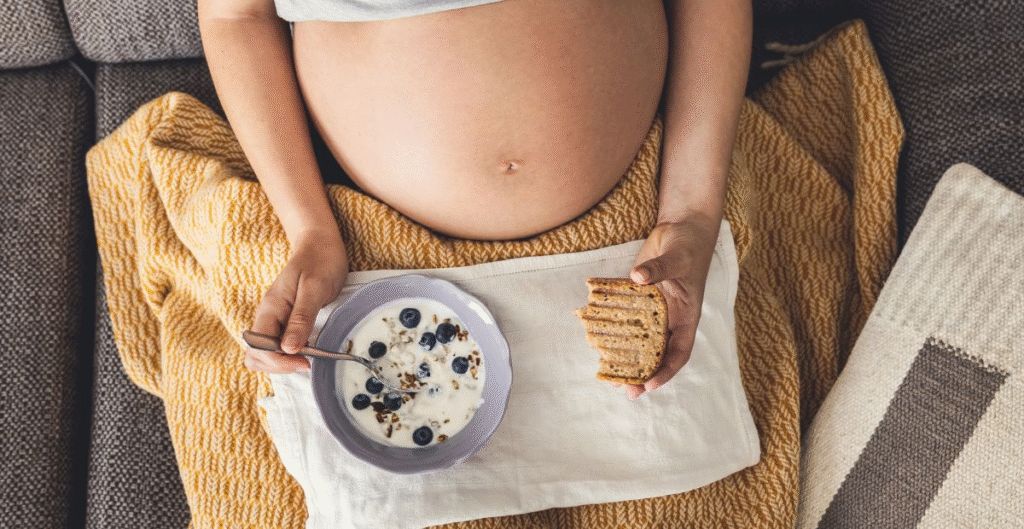
Pregnant women should focus on foods that give steady energy and support growth. Safe foods include:
1. Fresh Fruits
Fruits like apples, bananas, and oranges are packed with vitamins, minerals, and natural sugars that give quick energy. They are also high in fiber, which helps with digestion and prevents constipation. Citrus fruits add vitamin C, which strengthens the immune system and helps the body absorb iron better. Some fruits, however, like papaya fruit in pregnancy, are best avoided in raw or semi-ripe form due to possible risks.
2. Green Vegetables
Spinach, broccoli, and kale are excellent sources of iron, calcium, and folate. Iron supports blood health and prevents anemia, calcium strengthens bones, and folate protects the baby’s brain and spinal development. Green vegetables also contain fiber, which supports smooth digestion.
3. Whole Grains
Brown rice, oats, and whole wheat bread provide complex carbohydrates that give long-lasting energy. They are rich in fiber, which helps control blood sugar and reduces the risk of gestational diabetes. Whole grains also contain B vitamins that support energy and metabolism.
4. Lean Proteins
Eggs, beans, chicken, and fish low in mercury are rich in protein, which helps build muscles, tissues, and the baby’s organs. Eggs also provide choline, which supports brain development. Plant-based proteins like beans and lentils give iron and fiber, making them a healthy choice.
5. Dairy Products
Milk, yoghurt, and cheese are excellent sources of calcium, protein, and vitamin D. These nutrients are essential for strong bones and teeth, both for the mother and the growing baby. Yoghurt also provides probiotics, which help improve digestion and gut health.
Eating a variety of these foods daily keeps the mother strong, supports energy levels, and ensures the baby gets proper nourishment.
Foods to Avoid During Pregnancy
Some foods can be risky and should be limited or avoided. These include:
1. Raw or Undercooked Meats, Eggs, and Seafood
Eating raw or undercooked meat, eggs, or seafood increases the risk of harmful infections like Salmonella or Listeria. These infections can cause food poisoning, which may be dangerous for both mother and baby. Always cook meat and eggs fully, and avoid sushi made with raw fish.
2. Soft Cheeses Made with Unpasteurized Milk
Soft cheeses such as brie, feta, and blue cheese can sometimes be made with unpasteurized milk. These may carry harmful bacteria like Listeria, which can lead to pregnancy complications. Choosing pasteurised cheese is the safer option.
3. Fish High in Mercury
Fish like shark, swordfish, king mackerel, and tilefish contain high levels of mercury. Mercury can affect the baby’s brain and nervous system development. Safer choices include salmon, sardines, or tilapia, which are low in mercury.
4. Processed Meats
Hot dogs, sausages, and deli meats often contain bacteria such as Listeria unless heated properly. Eating them cold may increase infection risk. If consumed, they should be reheated until steaming hot to kill harmful germs.
5. Too Much Caffeine
High caffeine intake from coffee, tea, or soda can affect the baby’s heart rate and may increase the risk of low birth weight. Limiting caffeine to less than 200 mg per day (about one regular cup of coffee) is recommended during pregnancy.
Avoiding these foods helps protect both mother and baby from serious health issues and supports a safe pregnancy.
Lifestyle Choices for a Healthy Pregnancy
Along with diet, lifestyle plays an important role. Regular light exercise like walking, yoga, or swimming can improve mood, boost energy, and support better sleep. Adequate rest is also important, as the body needs time to recover. Avoid smoking, alcohol, and unnecessary medications, as they can harm the baby’s growth. Keeping stress low through relaxation or meditation is also helpful.
In terms of skincare, some mothers also wonder about ingredients such as kojic acid safe during pregnancy, or whether hyaluronic acid during pregnancy is fine to use. It’s always best to check with a doctor before using any skincare product.
Sample Pregnancy Diet Plan
Here’s a simple table showing a one-day pregnancy diet plan that balances nutrition and energy needs:
| Meal | Example Options |
| Breakfast | Whole-grain toast with boiled eggs, orange juice, and a handful of berries |
| Mid-Morning | A banana with a glass of milk or yoghurt |
| Lunch | Brown rice, grilled chicken or lentils, spinach salad, and cucumber slices |
| Snack | A handful of nuts or seeds with an apple |
| Dinner | Baked salmon (or beans for vegetarians), whole wheat roti, steamed broccoli |
| Evening | Warm glass of milk with a few almonds |
This plan provides balanced nutrients and can be adjusted to personal taste and needs.
Hydration and Supplements
Water is just as important as food. Pregnant women should aim for 8–10 glasses of water daily to stay hydrated. Herbal teas like ginger or chamomile can also help with nausea or relaxation. Safe hydrating drinks are a must, but avoid sugary sodas and energy drinks. Some also ask about natural remedies like apple cider vinegar during pregnancy; while small amounts may be safe, they should be taken only with a doctor’s approval.
Doctors may suggest supplements like folic acid, vitamin D, or iron to fill any gaps in nutrition. However, these should always be taken only after medical advice.
Importance of Nutrition in Pregnancy
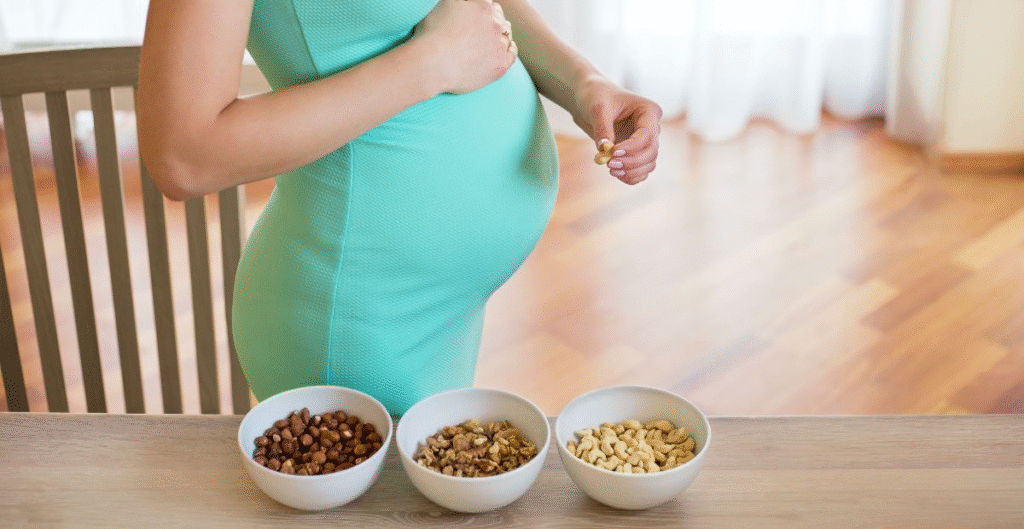
Eating the right food helps both mother and baby stay healthy. Good nutrition reduces the risk of complications like low birth weight, gestational diabetes, or high blood pressure. Nutrients such as folic acid protect the baby’s brain and spine. Vitamins and minerals keep energy levels steady, while proteins help in building new tissues. A balanced diet also supports better sleep and reduces fatigue, which are common issues during pregnancy.
Conclusion
A healthy pregnancy diet includes fresh fruits, vegetables, lean proteins, whole grains, and dairy, while avoiding unsafe foods like raw meat, high-mercury fish, and excess caffeine. Safe hydrating drinks, careful food choices, and doctor-approved supplements help ensure the best outcomes for mother and baby. Along with light exercise, enough rest, and a positive lifestyle, these habits support a safe and strong journey to motherhood. Following these tips ensures a balanced and safe pregnancy diet.
For more helpful guides on motherhood, nutrition, skincare, and health, visit Momvila for regular blogs.
